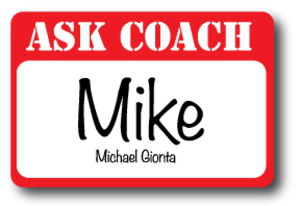- ARTICLES
-
Categories
Latest Articles
Proclaim Your Professional Breakthrough Now
Posted: Thursday February 26, 2026Don’t Get Lost in the Technology!
Posted: Thursday February 26, 2026Reactivating Existing Candidates in Your ATS to Fill Job Orders
Posted: Thursday February 26, 2026
-
- ISSUES
- MARKETPLACE
- ASSOCIATIONS
- EVENTS CALENDAR
-
Calendar
NAPS Ignite 2026 Annual Conference
Hilton Sirata Beach Resort St Pete Beach 5300 Gulf Boulevard St. Pete Beach, Florida 33706
Recruiters and Staffing educational sessions lead by Industry Trainers and Thought Leaders
https://www.naps360.org/events/EventDetails.aspx?id=1991462&group=
2026 Midwest Staffing Conference
Drury Lane Conference Center, Oakbrook Terrace, IL
This highly anticipated 2-day event is designed for staffing professionals from all over the Midwest to come together and share their expertise, collaborate, and learn from industry leaders.
https://issaworks.com/ISSA-Upcoming-events
Upcoming Events
- 11-01-2026 - NAPS Ignite 2026 Annual Conference ~ Hilton Sirata Beach Resort St Pete Beach 5300 Gulf Boulevard St. Pete Beach, Florida 33706 ~ Recruiters and Staffing educational sessions lead by Industry Trainers and Thought Leaders
- 04-23-2026 - 2026 Midwest Staffing Conference ~ Drury Lane Conference Center, Oakbrook Terrace, IL ~ This highly anticipated 2-day event is designed for staffing professionals from all over the Midwest to come together and share their expertise, collaborate, and learn from industry leaders.
-
- SUBSCRIPTION





